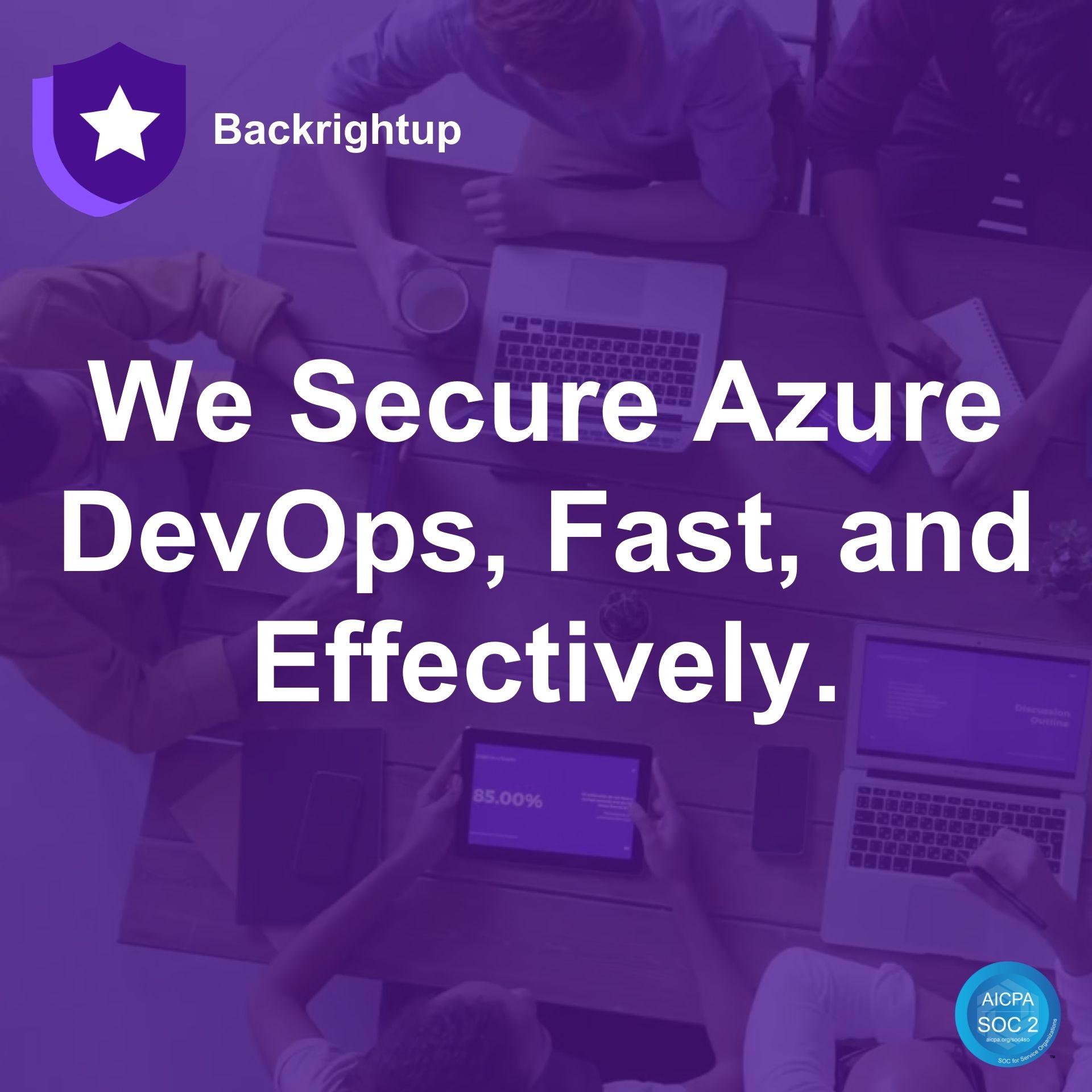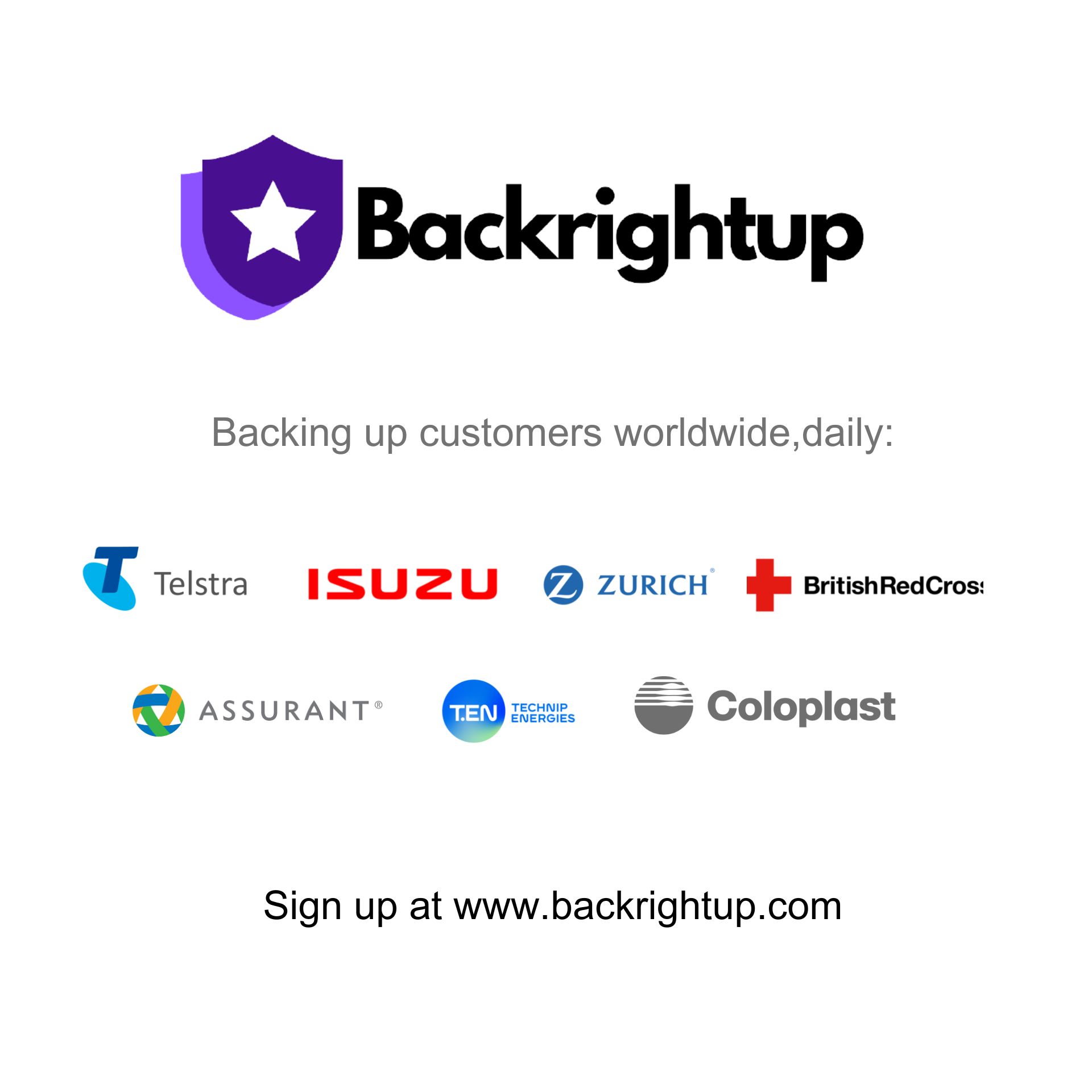The significance of robust data backup and recovery strategies cannot be overstated. As organizations increasingly rely on complex systems and extensive data repositories, the stakes for maintaining data integrity and availability have never been higher. This is particularly true for IT leadership, who must navigate the myriad challenges that come with backing up not just code, but the critical metadata surrounding it.
The Challenge of Intelligent Backups
At first glance, backing up code might seem straightforward—simply copy your files somewhere safe. However, this process quickly becomes complex when you aim to do it intelligently. Traditional methods often involve taking complete backups at regular intervals, which is not only redundant but also inefficient. This approach fails to account for incremental changes, leading to excessive use of storage and resources by repeatedly backing up unchanged data.
The smarter approach is to implement incremental backups, which only save the changes made since the last backup. This method dramatically reduces the volume of data transferred and stored, resulting in faster backups and less storage usage. However, this strategy requires sophisticated systems to track changes and ensure that no data is overlooked, which can be a significant challenge in itself.

The Complexity of Metadata
While code itself can be challenging enough to back up effectively, metadata presents a whole new level of complexity. Metadata includes information about the code repositories, such as commit logs, configuration data, user permissions, and branch structures. This data is crucial for the restoration of not just the code but the context in which it was developed.
Backing up metadata accurately involves integrating with various APIs to pull this detailed information. Each repository and tool in your stack (like GitHub or Bitbucket) will have its own set of APIs, each with different structures and limitations. Writing and maintaining these integrations can be daunting as it requires constant updates and monitoring to ensure compatibility, especially when APIs are updated or changed by the providers.
Restoration: The True Test of a Backup System
Perhaps the most crucial—and challenging—aspect of any backup strategy is not the backup itself but the ability to restore from it. Restoration is often where the robustness of your backup strategy is truly tested. Considerations include:
- API Limits: Many services throttle the number of API calls you can make, potentially slowing down the restoration process.
- Data Integrity: As your data evolves, so must your backup solutions. Restoration needs to account for changes in data structure and schema.
- API Changes: Service providers, especially large ones like Microsoft or GitHub, frequently update their APIs. These changes can break integrations and render backup scripts useless if not regularly updated.

Why Vendor-Provided Solutions?
Given these challenges, it might seem logical for companies to develop their in-house backup solutions. However, this path is fraught with potential pitfalls:
- Time and Resources: Developing, testing, and maintaining robust backup systems require significant investment in terms of time and financial resources.
- Expertise: Organizations need expertise not only in software development but also in areas like security, compliance, and data management.
- Complexity and Risk: Building and maintaining a reliable backup solution is complex and often comes with high risks of project delays, budget overruns, and unforeseen technical issues.
This is where specialized vendors come into play. By leveraging vendor-provided backup solutions, companies can benefit from:
- Expertise and Experience: Backup vendors bring specialized knowledge and years of experience in developing backup solutions across various platforms and technologies.
- Ongoing Support and Maintenance: Vendors provide continual support and regular updates to their systems, ensuring compatibility with all API changes and new technologies.
- Reduced Burden: Outsourcing backup solutions can significantly reduce the internal workload, allowing IT staff to focus on other critical areas of business.
Conclusion
For IT leaders, the decision to employ a vendor for backup and recovery services isn’t just about outsourcing a task—it’s about partnering with experts who can ensure that your data is protected against the unexpected. In the face of API changes, complex metadata, and the critical need for reliable restoration, the expertise and support offered by specialized vendors are invaluable. By choosing a specialized backup solution, you safeguard not only your data but also the continuity and resilience of your business operations, ensuring that you can recover quickly and efficiently when it matters most.
